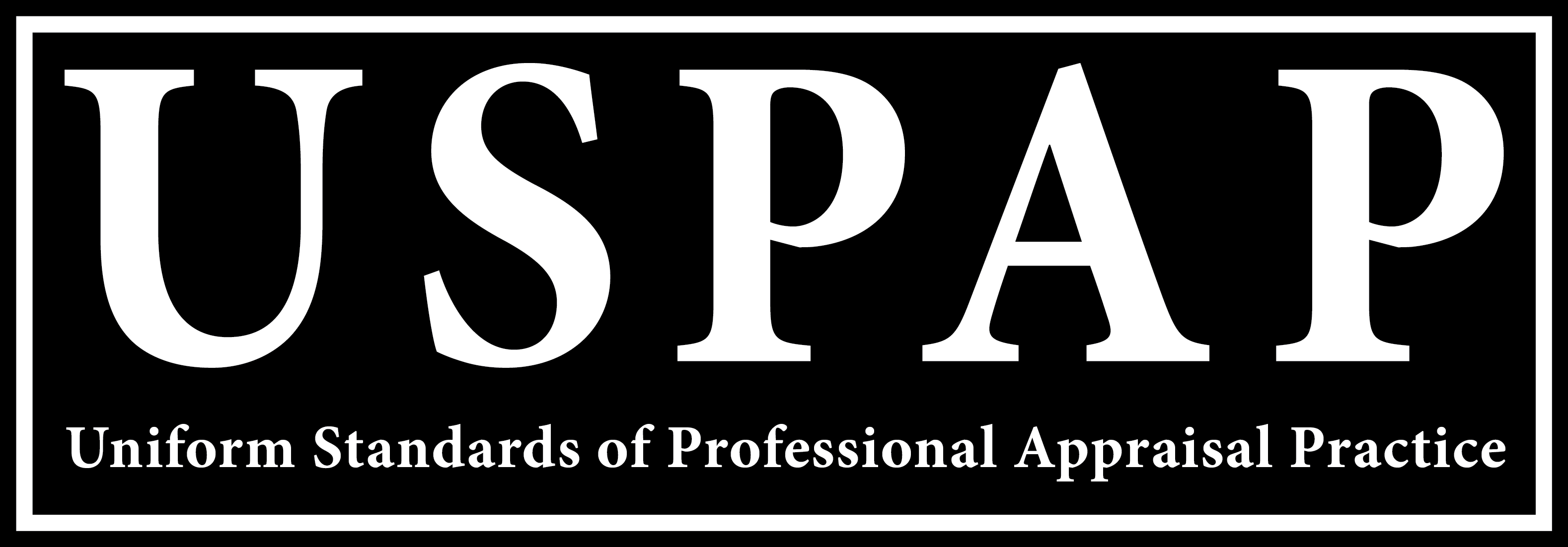You’re looking for a professional appraisal of your valuable asset. It doesn’t matter if this appraisal is going to be used for resale purposes, a potential purchase, insurance, or financing, you want to make sure the appraisal is USPAP compliant for a reason.
How do you ensure that is the case?
You choose an appraiser that is USPAP-compliant!
Keep reading to learn what USPAP is and why it’s important for your appraisal.
What Is USPAP?
USPAP is an acronym that stands for Uniform Standards of Professional Appraisal Practice. USPAP contains the quality standards that govern how appraisals are conducted and items are valued, and it applies to both personal and real property.
It is the generally accepted standard with regards to appraisals in the United States, outside the USA you will see IVS compliance which I will go over in a future article.
A Quick History of USPAP
Following the savings and loan crisis in the 1980s, several American and Canadian appraisal groups banded together to form the Appraisal Foundation. This conglomerate of appraisal entities came up with a standard of practice known as USPAP.
The United States Congress authorized the Appraisal Foundation and empowered them to administer USPAP. The contents of USPAP is updated every two years. The next version of USPAP will take effect on January 1, 2020.
What Rules are in USPAP
Although there is ample information found in USPAP, the main point that we as consumers need to understand is that USPAP lays out five basic rules that appraisers must follow during an appraisal.
Here is a quick overview of the five basic rules found in USPAP:
Ethics Rule
The Ethics Rule lays out the expectations and standards for an honest appraisal. This rule covers conduct, management, and confidentiality.
The Ethics Rule ensures that all appraisals are impartial and unbiased.
It also ensures that if the client provides information to the appraiser that is not public knowledge, the appraiser must keep said information confidential.
Record-Keeping Rule
This rule dictates that the appraiser must maintain a work file for each appraisal.
This work file should contain vital information such as the name of the client and other intended viewers of the appraisal. This rule tells appraisers how the appraisal must be prepared and saved. The vital part of record-keeping has to do with providing the back up to your professional opinion should you be required to testify in court or explain your apprisal to your client.
Competency Rule
The Competency Rule requires the appraiser to be knowledgable of the subject, geographic area, and market before accepting an assignment. If the appraiser does not have the necessary knowledge, skills, and experience, the appraiser is legally bound to disclose that lack of exposure to the client.
Scope of Work Rule
This rule demands that a scope of work be included in the appraisal. This means that each appraiser is required to identify the problem and lay out a means by which to solve the problem.
The scope of work should include the amount/extent to which the item for an appraisal is to be inspected. The scope of work determines ahead of time the type of analyses that are required to come up with an answer to the question of how much something is worth.
Jurisdictional Exception Rule
The Jurisdictional Exception Rule essentially says that is any law or regulation conflicts with USPAP; the law supersedes USPAP.
Now You Know USPAP
Now that you know the basics of USPAP, you should feel that you need a USPAP appraisal. There is no better alternative for your valuable items.
If you need help finding a USPAP-compliant appraiser, contact us today! Let us handle your aircraft appraisal needs.




